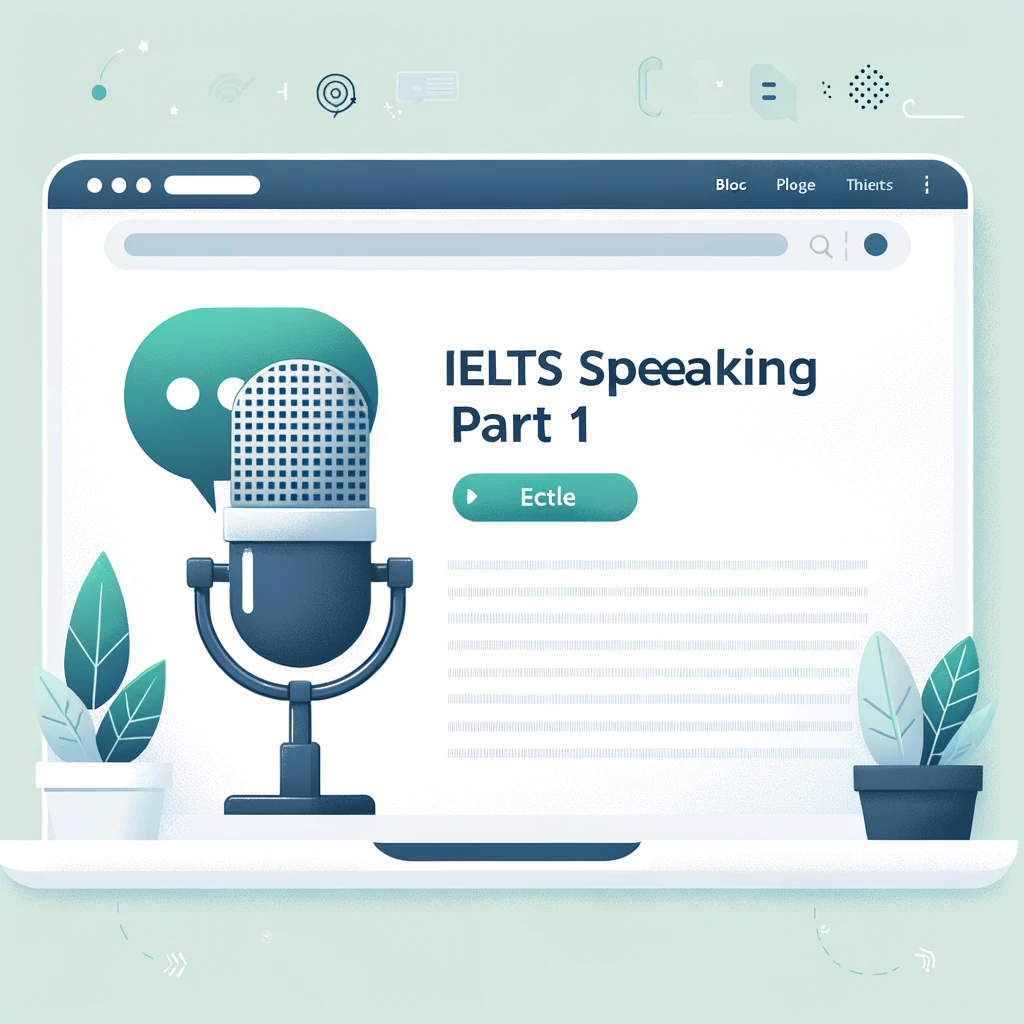1. How do you usually relax after a busy day?
After a busy day, I usually relax by reading a book, listening to music, or watching a movie. Sometimes, I enjoy taking a walk in the park or practicing mindfulness meditation to unwind and clear my mind.
2. Do you think it’s important to relax? Why?
Yes, it’s very important to relax because it helps to reduce stress, improve mental health, and restore energy. Relaxation is essential for maintaining a balanced and healthy lifestyle, and it enhances overall well-being.
3. What activities help you relax the most?
The activities that help me relax the most include reading, listening to calming music, practicing yoga, and spending time in nature. These activities help me disconnect from daily stressors and bring a sense of peace and tranquility.
4. Do you prefer to relax alone or with others? Why?
I prefer to relax alone because it allows me to focus entirely on myself and my needs. However, I also enjoy relaxing with close friends or family members occasionally, as it can be a great way to bond and share experiences.
5. How often do you take time to relax?
I try to take time to relax every day, even if it’s just for a short period. Regular relaxation helps me stay balanced and prevents burnout, ensuring that I can handle daily challenges effectively.
6. What do you do to relax when you are stressed?
When I am stressed, I find that practicing deep breathing exercises, taking a warm bath, or engaging in a hobby like painting or gardening helps me relax. These activities allow me to focus on the present moment and release tension.
7. Can you describe a perfect relaxing day for you?
A perfect relaxing day for me would start with a leisurely breakfast followed by a yoga session. I would spend the afternoon reading a good book in a quiet park or by the beach, and end the day with a cozy evening at home, watching a favorite movie and enjoying a cup of herbal tea.
8. Do you think modern life makes it harder to relax? Why?
Yes, modern life can make it harder to relax due to the constant demands and fast pace of work, technology, and social commitments. The ubiquitous presence of digital devices and the pressure to stay connected can also contribute to increased stress and reduced downtime.
9. How do you feel after taking some time to relax?
After taking some time to relax, I feel refreshed, rejuvenated, and more focused. Relaxation helps me to reset my mind and body, which enhances my productivity and overall mood.
10. What role does relaxation play in your overall well-being?
Relaxation plays a crucial role in my overall well-being by helping to manage stress, improve sleep quality, and maintain a healthy work-life balance. It supports mental and physical health, and contributes to a more positive outlook on life.
Vocabulary for Band 9+ IELTS Speaking
1. Unwind – Relax after a period of work or tension
2. Mental health – A person’s condition with regard to their psychological and emotional well-being
3. Mindfulness meditation – A mental practice that involves focusing on the present moment
4. Stressors – Things that cause stress
5. Tranquility – The quality or state of being calm and peaceful
6. Burnout – Physical or mental collapse caused by overwork or stress
7. Tension – Mental or emotional strain
8. Leisurely – Acting or done at leisure; unhurried or relaxed
9. Rejuvenated – Made to feel fresh or young again
10. Ubiquitous – Present, appearing, or found everywhere
11. Downtime – Time when one is not working or active
12. Work-life balance – The equilibrium between personal life and career work


